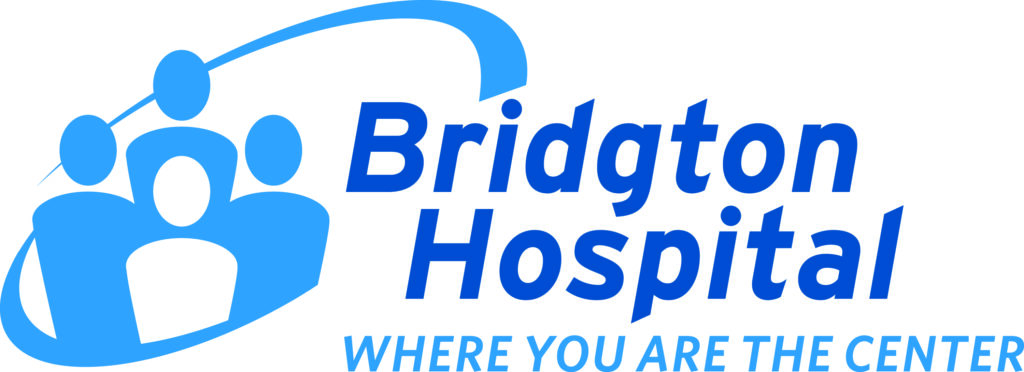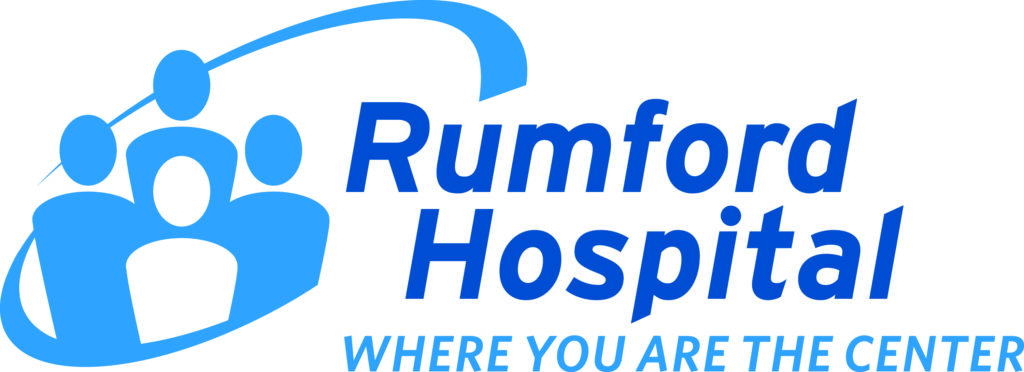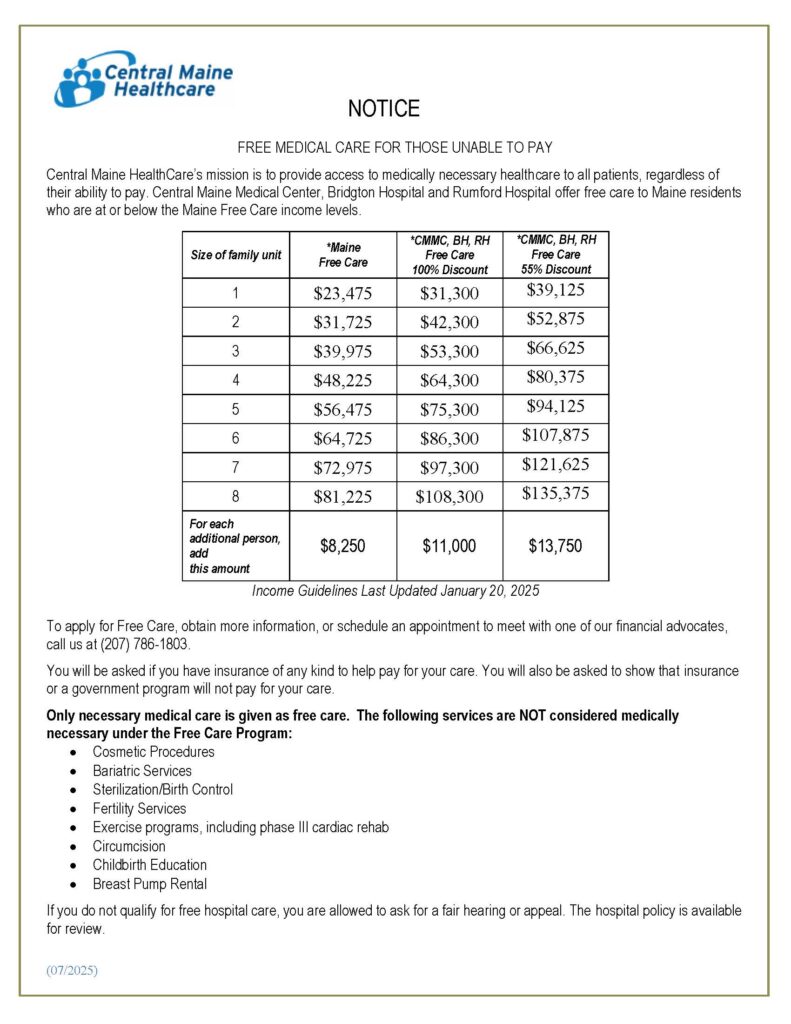Use of the following is not permitted on CMH property:
- Cigarettes
- Cigars
- Pipe smoking
- Electronic cigarettes
- Chewing tobacco
- Snuff
- Marijuana
- Other non-approved FDA devices
This policy helps us keep patients, visitors, and team members safe from second- and third-hand smoke and supports those who are trying to quit tobacco use. Thank you for your commitment to a healthier community.
To learn more, download the following documents:
CMH Tobacco-Free Policy
Team Member Guide How to Support Patients and Families
Tobacco-Free & Smoke-Free Summary & Fact Sheet
Additional Resources:
American Lung Association – Quit Smoking
American Lung Association – Lung Friendly Workplace
Artificial Scents Have No Place in Our Hospitals
GovDocs – Fragrance Free Workplace
Mayo Clinic: Fragrances and Asthma/Allergies




